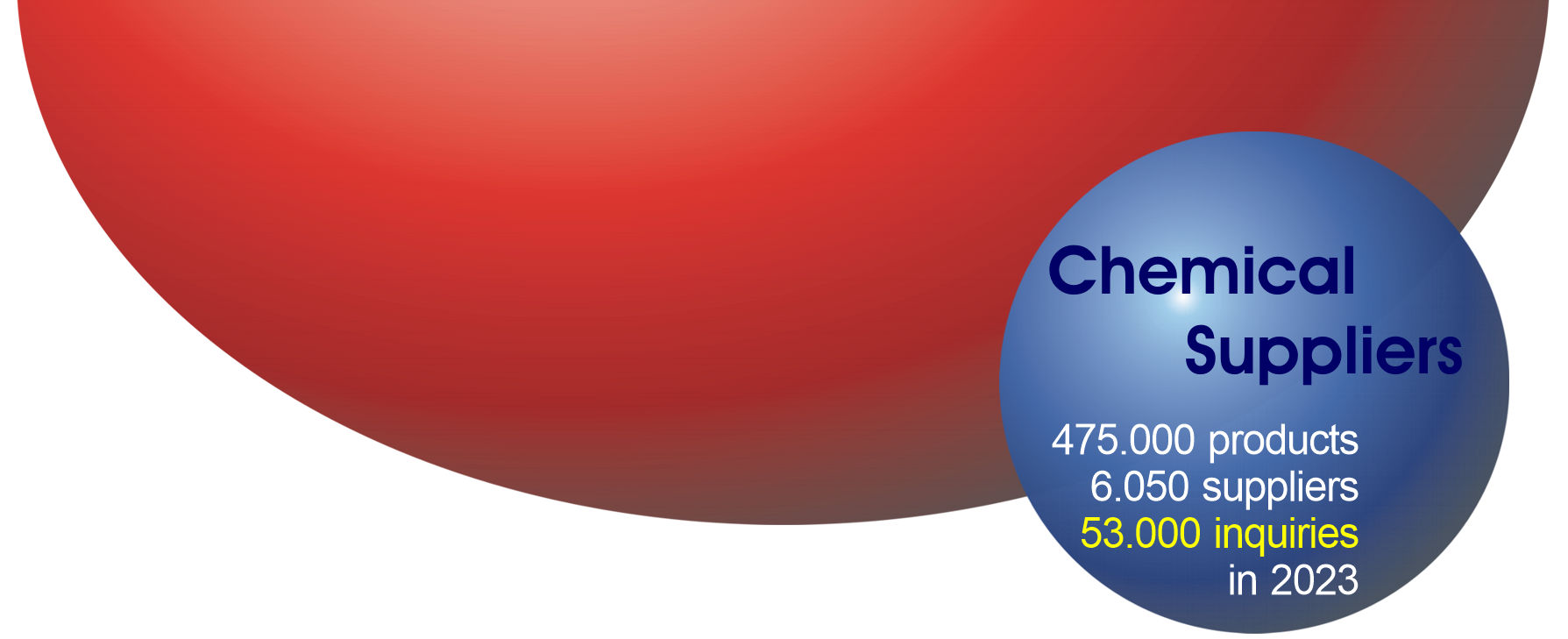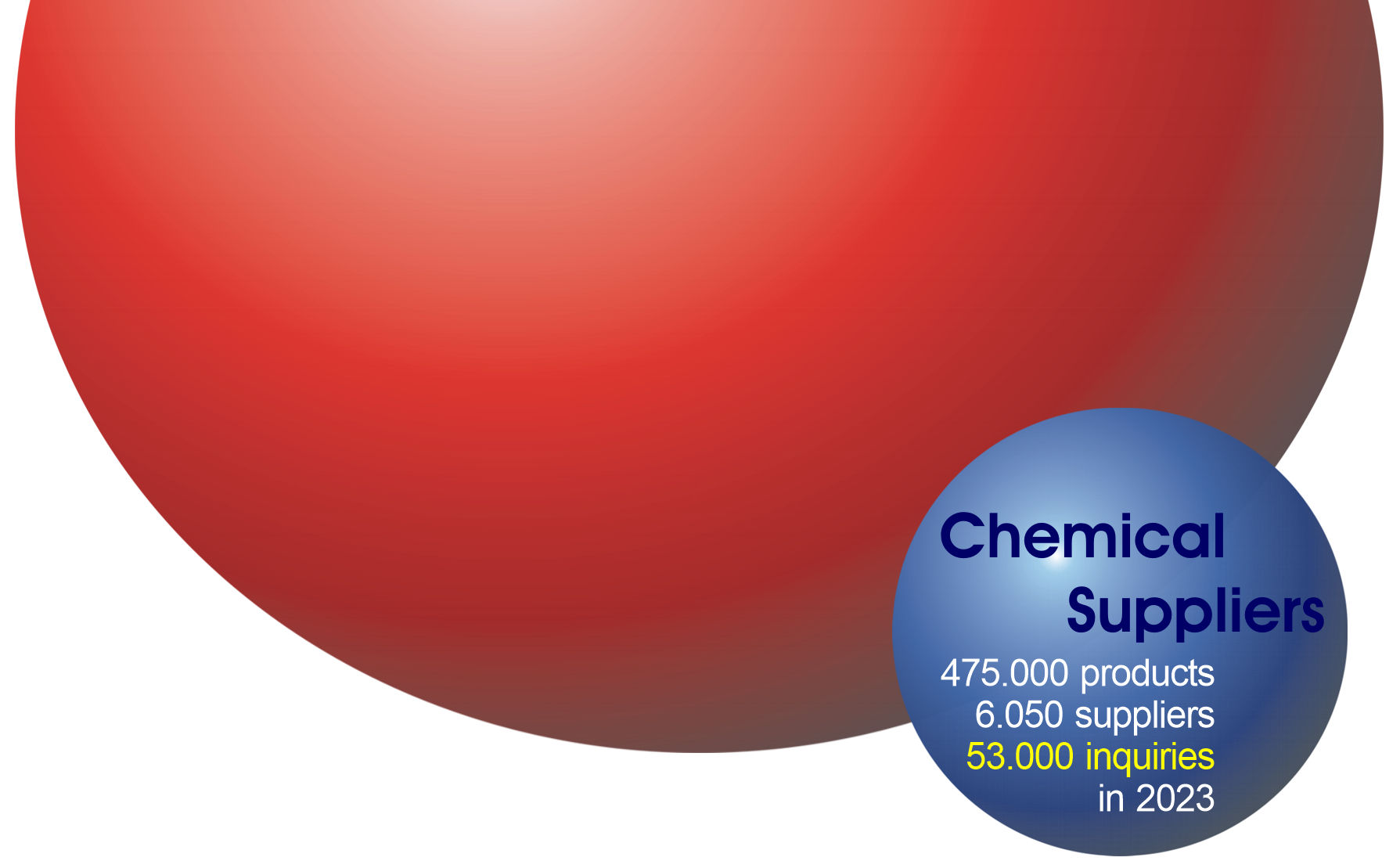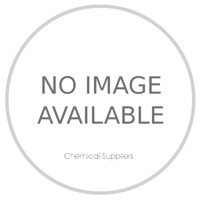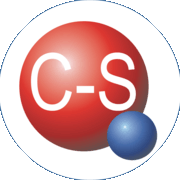x
Hazard Statements
Safety & Transport Information
Confirmed carcinogen with experimental carcinogenic, neoplastigenic, and tumorigenic data. A deadly poison by intravenous route. Human systemic effects by inhalation: lung fibrosis, dyspnea, and weight loss. Human mutation data reported. See also BERYLLIUM COMPOUNDS. A moderate fire hazard in the form of dust or powder, or when exposed to flame or by spontaneous chemical reaction. Slight explosion hazard in the form of powder or dust. Incompatible with halocarbons. Reacts incandescently with fluorine or chlorine. Mixtures of the powder with CCl4 or trichloroethylene will flash or spark on impact. When heated to decomposition in air it emits very toxic fumes of BeO. Reacts with Li and P.Analytical Methods: For occupational chemical analysis use NIOSH: Beryllium, 7102; Elements, 7300.
Risk Codes:
R20 - Harmful by inhalation
R25 - Toxic if swallowed
R26 - Very toxic by inhalation
R36/37/38 - Irritating to eyes, respiratory system and skin
R43 - May cause sensitisation by skin contact
R48/23 - Toxic: danger of serious damage to health by prolonged exposure through inhalation
R49 - May cause cancer by inhalation
Safety Codes:
S45 - In case of accident or if you feel unwell seek medical advice immediately (show the label where possible)
S53 - Avoid exposure - obtain special instructions before use
Hazard Symbols:
A carcinogen (OSHA). Very high toxicity, especially by inhalation of dust. TLV: 0.002 mg/m3.
RID/ADR certification :
UN 1567 6.1 / PG 2
x
Alternative Distributors of [Beryllium foil, 0.25mm (0.01in) thick; 99.8% (metals basis)]
Producers or manufacturers change the product range from time to time.
The following companies
have appeared as suppliers in the past / currently not verified
Alfa (A Johnson Matthey Company) | Reade Advanced Materials | Jinan Haohua Industry Co., Ltd.




 Chemical-Suppliers.eu
Chemical-Suppliers.eu